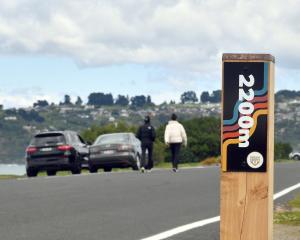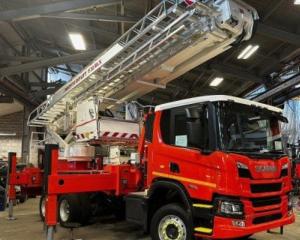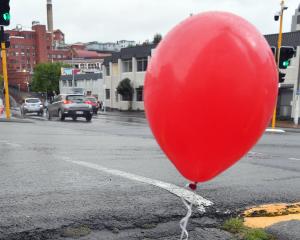
Prof Norris, of the School of Pharmacy, said she had heard of ambulances being called to help treat people on limited incomes, including in Dunedin, who could not pay for painkillers, or asthma medication.
''For some people, even $5 is too much.
''There's a strong link between poverty and ill health,'' she added.
''People who are living in poverty often have a lot of health problems,'' she said.
Under New Zealand's prescription subsidy scheme, people are required to pay for the first 20 prescription items per year, starting on February 1 each year.
Later items were free, but many people did not know ''they're only supposed to pay for the first 20 items'' per year, she said.
Prof Norris said New Zealand's overall prescription charges were ''relatively low'', compared with many other countries, but, by contrast, we had no ''income-related exemptions''.
''Even if you have no income, you still have to pay the charges,'' she said.
Some people faced big charges here, such as $60 for a dozen prescription items.
''If people have a reasonable income and don't have many health problems, they don't see that $5 is going to be a problem.''
But about 6% to 7% of adults were ''going without things'', including painkillers, and even insulin for diabetics, because they could not afford all their prescription items.
Low-income patients could fall back on only ''a patchwork of one-off assistance'', and there were no income-related or disease-based exemptions, except for children.
A national survey showed that for many New Zealanders the $5 charge was ''a barrier to access'', and the odds of this happening were ''higher for Maori and Pacific people'', she said.
Some people ''pick and choose which medicines to pick up'', and had gaps in treatment, and often went without ''other important goods in order to afford medicines'', she said.
''Those who do not collect prescription medications because of cost have an increased risk of a subsequent decline in health,'' she said.
The healthcare system itself would also be harmed if patients did not pick up their medications, and then experienced deteriorating health, and later needed more costly hospital treatment, she said.











